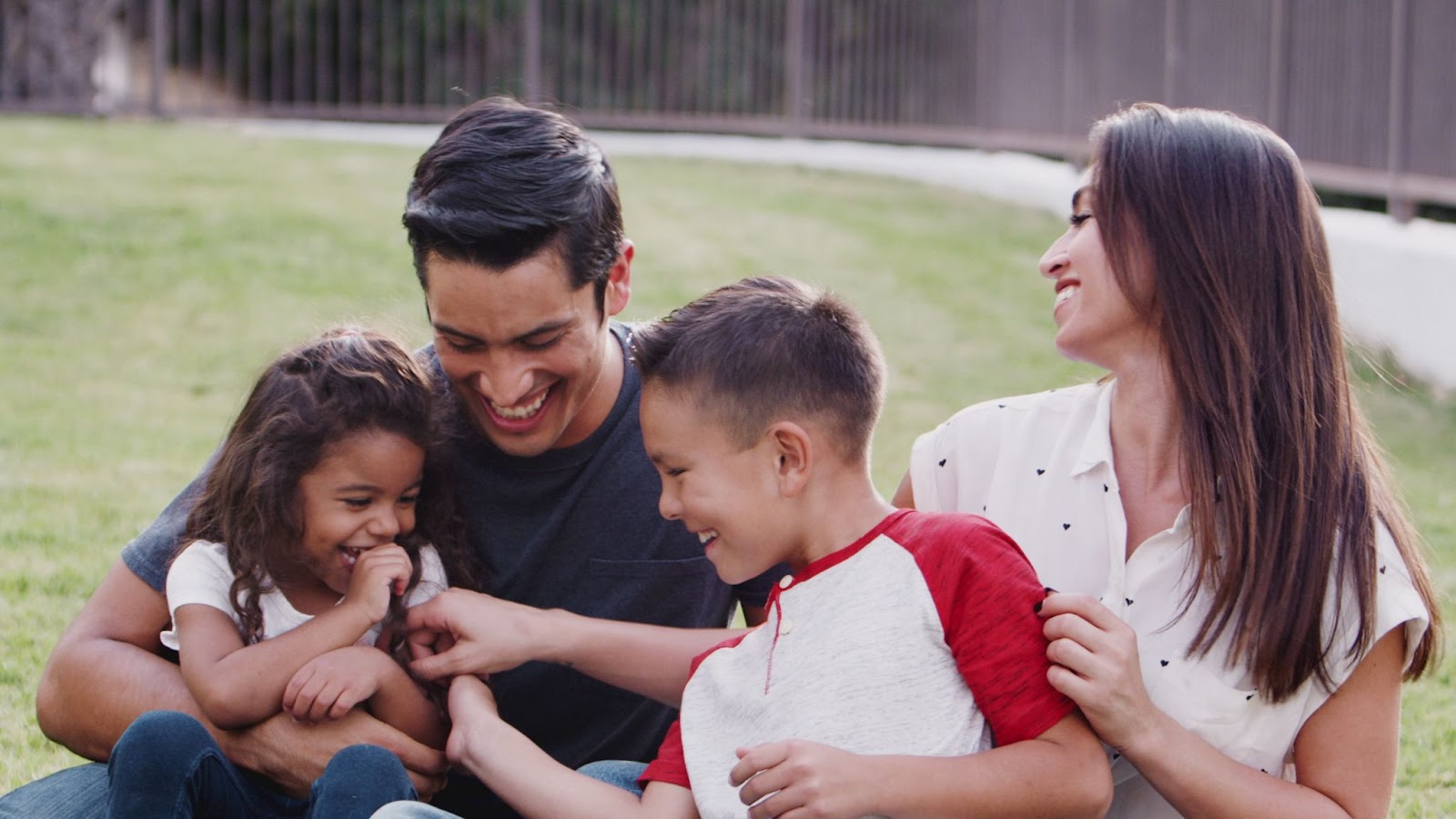Helicopter parenting is a term used to describe parents who are overly focused on their children. These parents typically take too much responsibility for their children’s experiences and, especially, their successes or failures. While it’s natural to want the best for your child, hovering too closely can have unintended consequences.
What Is Helicopter Parenting?
Helicopter parents are highly involved in their children’s lives, often to the point of controlling or micromanaging every aspect. This style of parenting can stem from a desire to protect children from harm, disappointment, or failure, but it can also hinder a child’s ability to develop independence and resilience.
Common Signs of Helicopter Parenting
Constant Monitoring:
- You frequently check in on your child, even when they’re capable of handling situations on their own. This might include calling teachers about minor issues or tracking your child’s every move.
Solving All Problems:
- You step in to resolve conflicts or challenges for your child, rather than letting them try to work things out themselves.
Over-Scheduling:
- Your child’s calendar is packed with activities you’ve chosen, leaving little room for free play or downtime.
Difficulty Letting Go:
- You struggle to allow your child to make age-appropriate decisions or take risks, fearing they might fail or get hurt.
Doing Tasks for Them:
- You complete homework, projects, or chores for your child, even when they are capable of doing them independently.
Intervening with Authority Figures:
- You frequently contact teachers, coaches, or other adults to advocate for your child, even for minor issues.
Fear of Failure:
- You have a strong desire to prevent your child from experiencing any kind of failure or disappointment.
Why Is Helicopter Parenting a Problem?
While the intention is to help, helicopter parenting can lead to children who are less confident, less independent, and more anxious. They may struggle with problem-solving, decision-making, and coping with setbacks.
How to Foster Independence
- Allow your child to make choices and experience natural consequences.
- Encourage problem-solving and resilience.
- Support your child’s efforts, but resist the urge to take over.
- Provide guidance, not control.
Final Thoughts
Recognizing the signs of helicopter parenting is the first step toward fostering a healthier, more balanced relationship with your child. By stepping back, you give your child the space to grow, learn, and thrive.

